
Where do cooking and depression cross paths?
Cooking as therapy?
Since I am Bavarian you might have guessed that I love my meat and potatoes. I grew up in a family that made a lot of great food. Cooking was part of our family fabric. On Sundays, my mom would usually make a nice roast.
All the holidays had their special foods and sweet treats. When we went to visit my extended family, my great-aunt would usually cook enough food to feed a small country.
My grandfather had 13 brothers and sisters, so I guess making a lot of food was just a part of growing up. My grandparents owned a restaurant and at their house we definitely never suffered from a lack of food.
Even today, I tend to gravitate toward the food I had as a child for various holidays. It just seems wrong to make something else and disturb the traditions.
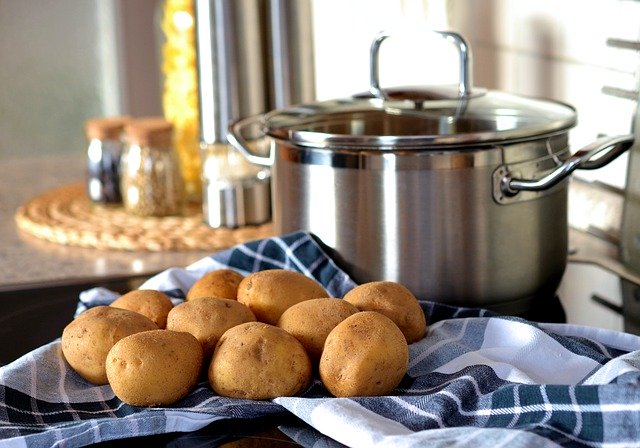
The thing I need to point out is that growing up, I did not MAKE any of this delicious food. I just ATE it. My mom tried to peak my interest in healthy cooking and signed me up for a children's’ cooking class.
I had a great time, but the enthusiasm did not translate into the kitchen at home. I didn’t mind helping with decorating a cake or Christmas cookies. But, I definitely did not turn into a chef.
When we arrived in Canada, a lot of the German food items did not exist.
It was not possible to make some of the food we had grown up with. My new friends introduced me to burgers, fries, Hamburger Helper, Ichiban soup, Kraft dinner, and Dunkaroos. I was in awe of how many things came out of a box. Cooking went super quickly with these pre-packaged items.
Processed food addiction
You can probably imagine that for some time, I had to try all these foods I had never even heard of. I was like a kid in a candy store. Cheese buns! Doughnuts! Pizza Pockets! Pop Tarts! It was a very exciting time. And everything could just be placed in the microwave or the toaster and minutes later I could eat it.
Looking back, it is not surprising that eating so much junk food helped set the stage for my depression. In the Jōrni we talk about nutrition and a healthy lifestyle. What I did was definitely not part of that. My parents tried to instill the fact that I should cook for myself, but mentally I was just not in a place to take action on their advice.
As I got older I also realized that cooking healthy food could take a lot of time. During university and later on working full-time, shopping and cooking seemed to waste a large part of my day. It was just so much quicker to pop a frozen pizza in the oven. Instead of having to plan out a meal plan and think about what I could cook, it was easier to shop for pre-packed food items.
“I think careful cooking is love, don't you? The loveliest thing you can cook for someone who's close to you is about as nice a valentine as you can give.”
- Julia Child
My mom as Super Woman
My respect for my mom grew exponentially during that time. I wondered very often how she had run the household and managed to provide at least three meals per day for everyone. And all the special holiday food for the whole family on top of that. It baffled me. Even just cooking for myself was too much.
I was infinitely grateful for all the fresh and healthy food she had made for us. I also noticed that whenever I stayed at my parents’ house and my mom cooked for me, my depression seemed to improve bit by bit. This made me very curious about the link between cooking and depression.
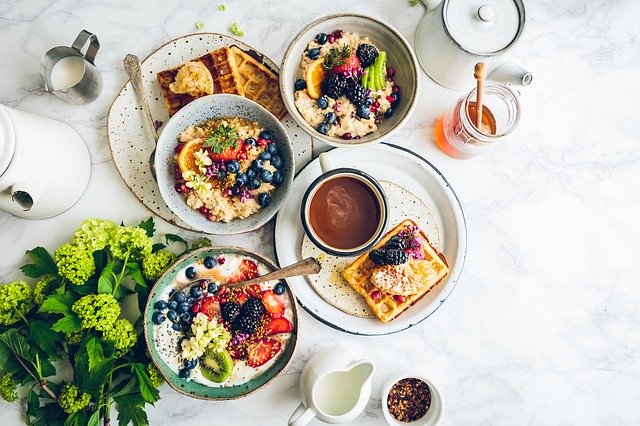
As I learned more about my depression over the years, I understood what a large part food and cooking played. I can honestly say that I do not believe I would have healed, had I continued eating how I did during my teens and early twenties. The reason for this is twofold.

Let’s talk about cooking and depression
The first part is likely pretty obvious. And if you have already started the Jōrni, you will know that nutrition can play a huge role in depression. We talk about nutrition and cooking for yourself a lot and for good reason.
On top of everything else that might be contributing to your depression, a lack of nutrients is likely part of it.
Unless you are already eating a healthy, home-cooked diet, your body may not be getting the nutrients it needs to function properly. Eliminating sugar and processed foods from your day is just one step you can take in that direction. And yes, it takes a lot more time and thinking to plan out what you will eat when it does not come out of a box; however, I can tell you that for me this step was crucial.
Even today, when I have a very busy week and I eat out a lot, I start feeling the difference. I can feel the “dark cloud” starting to gather over my head and the heaviness set in. My body feels like it is slowing down and a general sluggishness starts to take hold. Sure, there might be other things going on like a lack of sleep as well, but bad nutrition kicks me to the curb every time.
So, the first connecting point of cooking and depression is definitely nutrition. On the one hand, you can likely worsen and prolong your depression if you cook and eat a lot of sugary and processed foods. On the other hand, you can help your body into a better state for fighting depression if you cook healthy and fresh foods instead.

Cooking as depression therapy
The second part of how cooking and depression connect might not be so obvious. Cooking is actually therapeutic. Yes, that’s right. Cooking is being used as a type of therapy for depression. Just like we talk about music therapy or art therapy to stimulate the creative half of the brain, cooking can be applied in much of the same way.
For example, there are many celebrity chefs all over the world who became chefs as a way to work through their childhood trauma and/or depression. They found that cooking actually alleviated their depression. It helped them process their trauma and find their way out the other side.
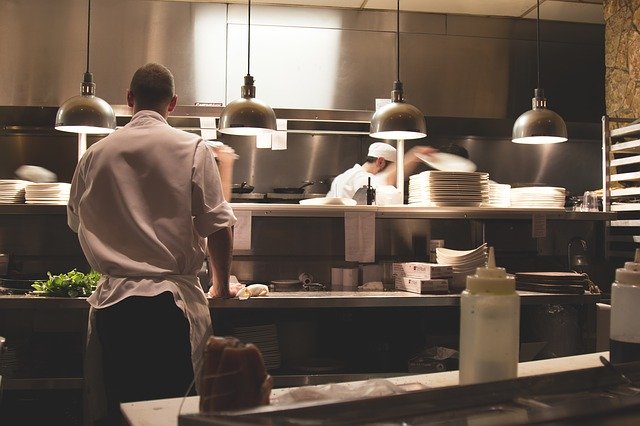

How can cooking help?
Among other things, cooking serves as behavioral activation when you are depressed. In short, you can use cooking to change the behavior that would normally progress your depression. Let’s assume you are depressed and usually you would just hide away in your apartment and watch TV.
Deciding to cook for yourself interrupts this pattern that serves to isolate yourself further and make your depression worse. Instead, you now have to focus on picking a meal you want to cook, go out and shop for the ingredients, and then cook the meal. You are busy focusing on a goal.
If you have a family, cooking adds the social element as well. Eventually, you eat the meal as a family and you come out of your isolation to be part of the meal. In addition, cooking can bring you pleasure, when the people you serve the food to enjoy it and give you positive feedback.
Yes, this might take a few tries, but even the quest to cook edible food is part of behavioral activation.
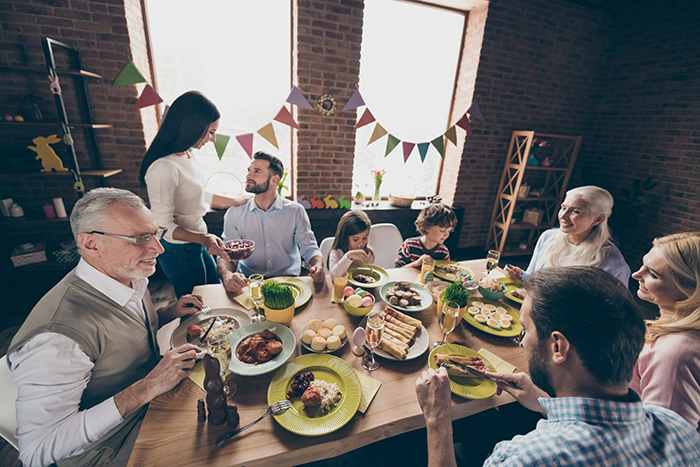
Learning about therapeutic cooking
Granted, for many people shopping for dinner and getting the food served in a short time can be extremely stressful. You might not think it has any therapeutic benefits and just serves as an additional anxiety trigger. But, as you get more familiar with cooking and you add more recipes to your tool box, you might find cooking less stressful.
You might find that the time in the kitchen when you prepare and chop is almost meditative. And when your family asks for more of what you just served them, it will give you that sense of satisfaction, accomplishment, and pleasure. Just like other forms of therapy, cooking is not for everyone. But, it might be worth trying out in your battle against depression and anxiety.

The Takeaway
Cooking saved my life
For me, cooking was part of what ended up saving my life. I discovered that even just planning a few meals tore me right out of the pattern that would usually drive my depression even deeper. I had to focus and think carefully about my goal. When I invited people over, I had to set out my schedule and I didn’t have any time left to focus on my depression.
The wonderful smell of spices takes me to another world. I could spend hours browsing through the food market, looking at cheeses, vegetables, fruits, and meats.
Tasting fresh-baked bread with a bit of melted butter actually gives me a sense of pleasure. Seeing people's eyes light up after they take the first bite of my food gives me a sense of satisfaction.
During my darkest hours, I could only recreate feeling anything through self-harming. Food was the stark contrast to that.
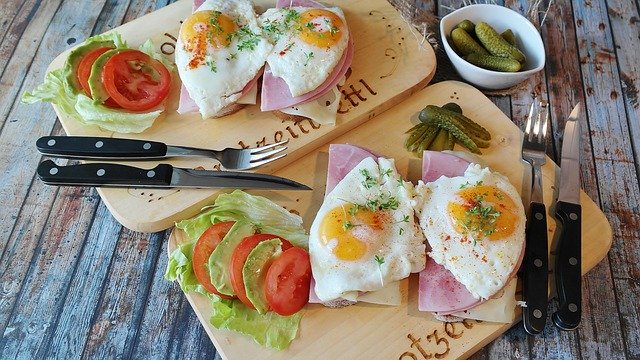
Can cooking help alleviate depression?
With a resounding yes, I believe that cooking can absolutely alleviate depression. More and more research on the topic confirms my belief.
Mental health agencies offering cooking therapy also emphasizes the need for a more holistic approach to treating depression.
If you believe that cooking could help you, but the thought of getting started stresses you out, take it one step at a time. I started with watching my mom and grandma cook. Then, I watched the Food Network a lot. And finally, I found some cooking channels on YouTube and just took it one video at a time. Pasta, for instance, is an easy thing to start with.
With time, you will see a difference in your health with proper nutrition. You can also use cooking as part of your therapy, to lay the foundation for your own depression breakthrough.
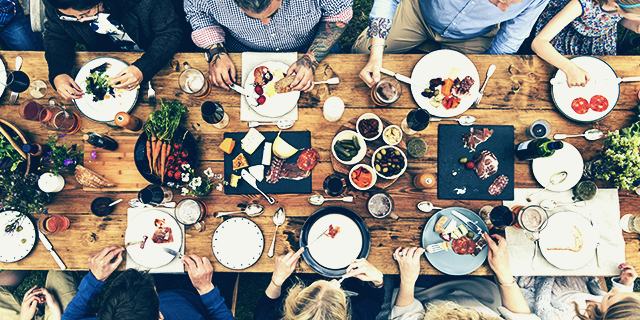
Here’s to feeding your body with healthy food and supporting your mind with positive actions.
